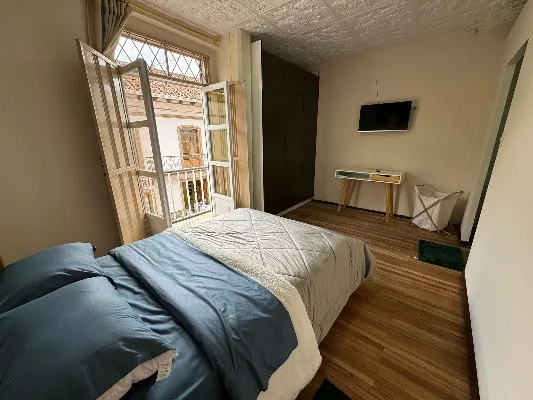Police roadblocks send dozens of drunk drivers to jail; some praise the new system of ‘democratic justice’
Retired physician Alejandro Martinez stood outside his house on Av. Loja two weeks ago, watching police work a roadblock checking for drunk drivers.
According to Martinez, one of those arrested, a 20-something man driving a late model BMW, yelled at police officers. “Do you know who I am? Do you know how important my father is?” Police ignored the rant and, after making calls to have the car towed, took the man off to jail.
“You didn’t see this 10 years ago,” Martinez says. “The man would have bribed the police, or his father would have, and he would have been released. I’m happy to see that there is finally som e democratic justice in Ecuador.”
e democratic justice in Ecuador.”
New law enforcement procedures make it difficult for police personnel to accept bribes, the Interior Ministry says. Rules require that license plate numbers be sent into headquarters before officers confront suspected offenders, allowing supervisors to follow up on police stops for drunk driving and speeding.
“Besides procedures that report stops directly to the central control office, we are also spending more time screening new police hires,” says Gustavo Lara, of the Interior Ministry. “It is hard to say how many people were able to bribe police in the past and who were not be punished for their crimes, but it is much more difficult now.”
Those arrested for drunk driving and speeding that is considered “excessive” go directly to jail. They are allowed to make a phone call to arrange to have their car removed from the street and, if that can’t be arranged, police call a towing and impounding service to do the job.
Drunk drivers spend five or 15 days in jail, depending on their blood alcohol level. Speeders serve three days in jail. Those arrested for both drunk driving and speeding are also fined and have points deducted from their driver’s licenses or have licenses suspended altogether.
“In the old days, no one a rich family ever went to jail. They could always pay their way out of it,” says Martinez. “I have a good friend, a very prominent lawyer in Cuenca, who went to jail for speeding. He was furious and did everything he could to get out but he had to serve his three days. That was three or four months ago, but now he says he agrees with the new way of doing things. He told me, ‘I hated it but I have to say that it was real justice.’”
Police say that they typically set up five or six drunk driver roadblocks Friday and Saturday nights and sometimes on other nights too. Although they do not announce roadblock locations in advance, they say that the streets they work most frequently are Calle Larga, Av. Remigio Crespo, Av. Doce de Abril and Av. Loja.
Police don’t have exact numbers of those arrested for drunk driving in Cuenca but say it is “many dozens” since the beginning of the year.
“I’m glad to see it,” says Martinez. “It’s time we do something about drunk driving in Cuenca.”
Photo caption: Police check for drunk drivers on Av. Loja; Photo credit: El Mercurio.





















